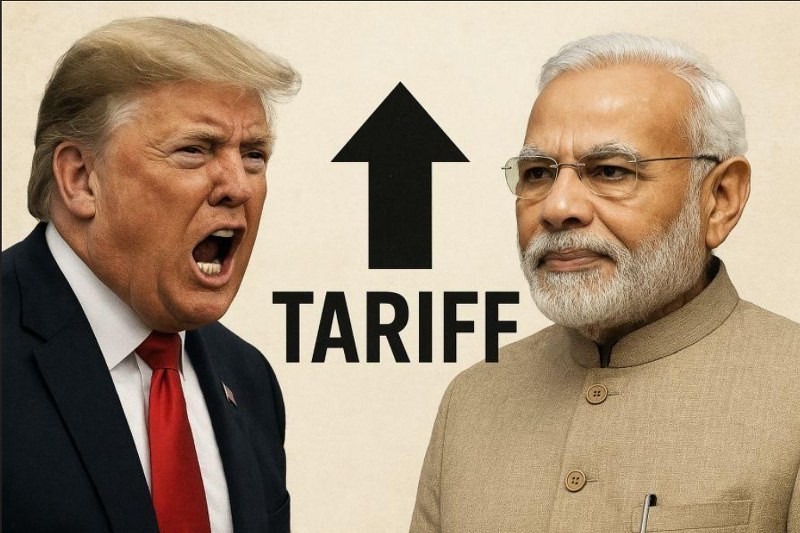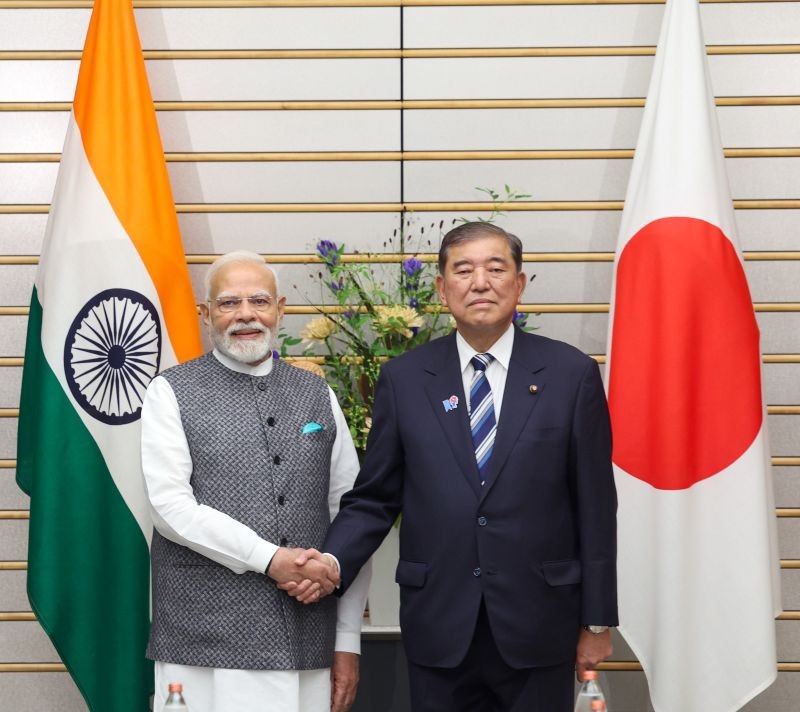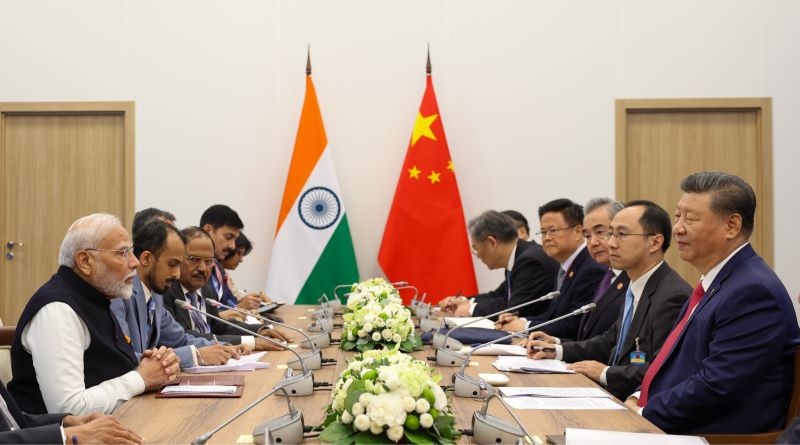Who is Justice Bhushan Ramkrishna Gavai, India's first Buddhist CJI?

Justice Bhushan Ramkrishna Gavai, who penned about 300 verdicts, on Wednesday took oath as India's 52nd Chief Justice of India.
He will serve as the country's first Buddhist CJI.
The event was held in Rashtrapati Bhavan when President Droupadi Murmu administered the oath of office to Justice BR Gavai.
BR Gavai succeeded Justice Sanjiv Khanna to the country's top judicial position.
A Press Communiqué issued by the President's Secretariat said: "At a ceremony held today (May 14, 2025) at 1000 hrs in the Ganatantra Mandap, Rashtrapati Bhavan, Shri Justice Bhushan Ramkrishna Gavai was sworn in as the Chief Justice of the Supreme Court of India. He made and subscribed to the oath of office before the President."
Modi Greets Gavai
PM Narendra Modi attended the swearing-in event and wished him for his tenure.
.jpg)
In his X handle, the PM wrote: " Attended the swearing in ceremony of Justice Bhushan Ramkrishna Gavai as the Chief Justice of the Supreme Court of India. Wishing him the very best for his tenure."
Attended the swearing in ceremony of Justice Bhushan Ramkrishna Gavai as the Chief Justice of the Supreme Court of India. Wishing him the very best for his tenure. pic.twitter.com/xzJhsQsRAa
— Narendra Modi (@narendramodi) May 14, 2025
According to reports, Gavai will serve his term for six months before he retires in November.
Who is Bhushan Ramkrishna Gavai?
Born on 24th November 1960 at Amravati Gavai joined Bar on March 16, 1985.
He practised independently at Bombay High Court from 1987 to 1990.
After 1990, practised mainly before Nagpur Bench of Bombay High Court.
He became a permanent Judge of the Bombay High Court on 12th November 2005.
He was elevated as a Judge of the Supreme Court of India on 24th May 2019.
"In the last six years, was a part of around 700 Benches dealing with matters pertaining to variety of subjects including constitutional and administrative law, civil law, criminal law, commercial disputes, arbitration law, electricity law, education matters, environmental law, etc," read the Supreme Court of India's website.
Has authored around 300 judgments including Constitution Bench Judgements on various issues upholding the rule of law and safeguarding the fundamental rights, human rights and legal rights of citizens.




